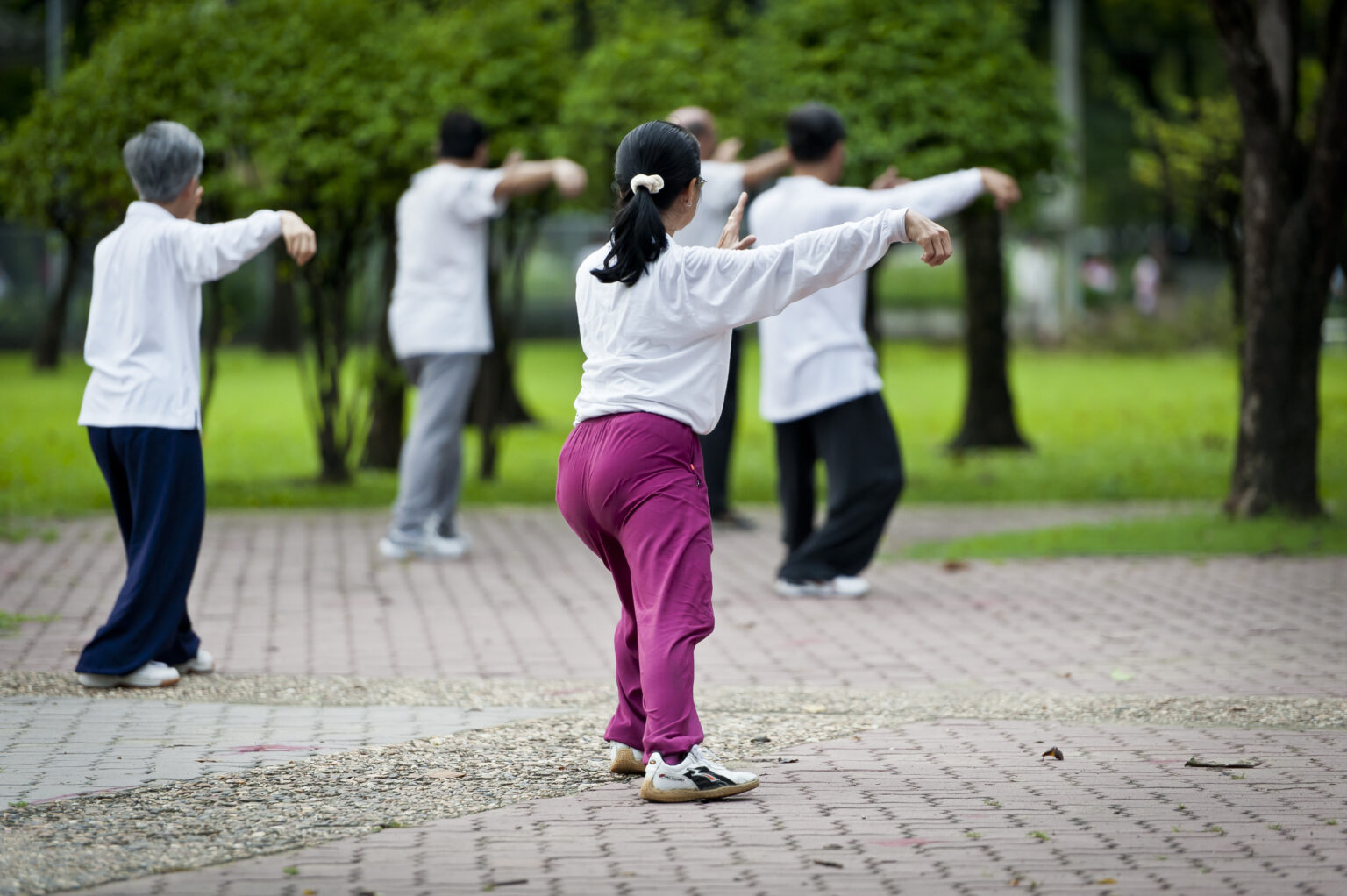
In the fast-paced and competitive educational environment of Singapore, students often face immense pressure to excel academically while juggling extracurricular activities and personal commitments.
While some might argue why this might be necessary for young students in Singapore, this is the unfortunate reality for many students struggling to cope with the highly competitive academic landscape of Singapore.
This intense pressure can lead to burnout, a state of physical, emotional, and mental exhaustion caused by prolonged stress. Managing burnout and finding balance is essential for students to maintain their well-being and academic performance. Here are the top 10 ways to manage burnout and implement balance for students in Singapore.
1. Develop a Realistic Schedule
Balancing Academic and Personal Time
Creating a realistic schedule that balances academic obligations with personal time is crucial. Students should allocate time for studying, extracurricular activities, rest, and leisure.
Using a planner or calendar to organise tasks and commitments can help prevent overloading and ensure that there is adequate time for relaxation.
These planners can be easily found digitally, using apps of free-to-use websites. Digital planners can help you with reminders hours before the event or task begins, ensuring that you do not overlook yourself and arrive on time.
For those who prefer the more analogue route, plans can be made in easy-to-find planners available at most stationery shops in Singapore. There are even blank options, which can be customised to fit your personal needs or aesthetic.
Prioritise Tasks
Prioritising tasks based on their importance and deadlines helps manage workload effectively. Students should focus on completing high-priority tasks first and break down larger projects into manageable steps to avoid feeling overwhelmed.
2. Practice Mindfulness and Relaxation Techniques
Mindfulness Meditation
Mindfulness meditation involves focusing on the present moment and accepting it without judgment. Practices like deep breathing, guided imagery, and progressive muscle relaxation can help reduce stress and improve concentration.
On Spotify, there are many playlists or podcasts that break mindful meditation down into easy steps for the absolute beginner.
Yoga and Tai Chi
Incorporating yoga or tai chi into daily routines can promote physical relaxation and mental clarity. These practices enhance flexibility, strength, and overall well-being, providing a counterbalance to academic stress.
Joining a Yoga or Tai Chi group can also be a great way for you to expand your social circle, or spend time with family, as Tai Chi is a hobby usually enjoyed by the older generation.

3. Maintain a Healthy Lifestyle
Balanced Diet
A balanced diet rich in fruits, vegetables, whole grains, and lean proteins provides the energy and nutrients necessary for optimal brain function and overall health. Avoiding excessive caffeine and sugary snacks can prevent energy crashes and mood swings.
Regular Exercise
Regular physical activity, such as jogging, swimming, or team sports, boosts endorphin levels, which are natural mood lifters. Exercise also improves sleep quality and cognitive function, helping students stay focused and energized.
Regular exercise also keeps the body fit and healthy, ensuring that you are in your best shape to tackle your busy schedule,
4. Ensure Adequate Sleep
Establish a Sleep Routine
Maintaining a consistent sleep schedule by going to bed and waking up at the same time every day helps regulate the body’s internal clock. Aim for 7-9 hours of sleep per night to ensure adequate rest.
Create a Sleep-Friendly Environment
A sleep-friendly environment includes a comfortable mattress, a cool room temperature, and minimal noise and light. Avoiding electronic devices before bedtime can also improve sleep quality.
5. Set Realistic Goals
SMART Goals
Setting SMART (Specific, Measurable, Achievable, Relevant, Time-bound) goals helps students focus on attainable objectives and track their progress. Breaking larger goals into smaller, more manageable tasks can reduce feelings of overwhelm.
Celebrate Achievements
Recognizing and celebrating achievements, no matter how small, can boost motivation and self-esteem. Rewarding oneself for completing tasks can also make the process more enjoyable.
Constantly focusing on points of improvement can be quite demoralising at times, which can lead to mental strain.
While it is good that you are always looking to improve, it is also just as important to take notice of how far you have come.
Acknowledging your achievements helps you to reflect on how hard you have worked so far, and perhaps gives you the much-needed motivation to keep going!
6. Seek Support from Peers and Mentors
Peer Support Groups
Joining peer support groups or study groups can provide emotional support and practical help with academic challenges. Sharing experiences and coping strategies with peers can alleviate feelings of isolation.
Having a support system can help to uplift you when you are down, and celebrate your successes with you.
In the pursuit of academic success, it is important not to self-isolate.
Mentorship
Seeking guidance from mentors, such as teachers, school counsellors, or older students, can provide valuable insights and support. Mentors can offer advice on managing workload, coping with stress, and planning for the future.

7. Practice Time Management
Time Blocking
Time blocking involves dedicating specific blocks of time to different tasks or activities. This technique helps students stay focused on one task at a time and manage their time more efficiently.
Avoid Multitasking
While multitasking may seem efficient, it often leads to decreased productivity and increased stress. Focusing on one task at a time can improve the quality of work and reduce mental fatigue.
8. Engage in Hobbies and Interests
Pursue Passions
Engaging in hobbies and interests outside of academics provides a necessary break from studying and helps maintain a balanced life. Activities such as playing a musical instrument, painting, or hiking can be fulfilling and stress-relieving.
Try not to turn your hobbies into a challenge for you to succeed at as well. It doesn’t matter if you are a great musician, dancer or artist, so long as you are having fun.
Picking a hobby that you might not be fantastic at may serve as a great way to embrace failure and realise that being bad at something is not the end of the world!
Schedule Leisure Time
Intentionally scheduling time for leisure and recreation ensures that students have regular opportunities to relax and recharge. Balancing work and play is essential for preventing burnout.
9. Develop Coping Strategies
Journaling
Writing in a journal can help students process their thoughts and emotions, identify stressors, and develop coping strategies. Reflecting on positive experiences and achievements can also enhance well-being.
Mindfulness Apps
While minimizing app usage is beneficial, certain mindfulness and meditation apps can provide guided practices to help manage stress. Apps like Headspace or Calm offer short, accessible sessions that can fit into a student’s busy schedule.
10. Access Professional Help When Needed
School Counselors
School counsellors are trained to help students manage stress and develop healthy coping mechanisms. They can provide individual or group counselling sessions and refer students to external resources if necessary.
Mental Health Services
In Singapore, there are numerous mental health services available for students. Organizations like the Singapore Association for Mental Health (SAMH), Care Singapore, and the Institute of Mental Health (IMH) offer counselling, therapy, and support for young people experiencing burnout or other mental health issues.

Managing burnout and maintaining balance is essential for students in Singapore to achieve academic success and overall well-being. By developing a realistic schedule, practising mindfulness, maintaining a healthy lifestyle, and seeking support when needed, students can navigate the pressures of their academic environment more effectively. Implementing these strategies not only helps in reducing stress and preventing burnout but also promotes a healthier, more balanced approach to life. It is important for students to remember that seeking help is a sign of strength, and numerous resources are available to support them on their journey to well-being.
